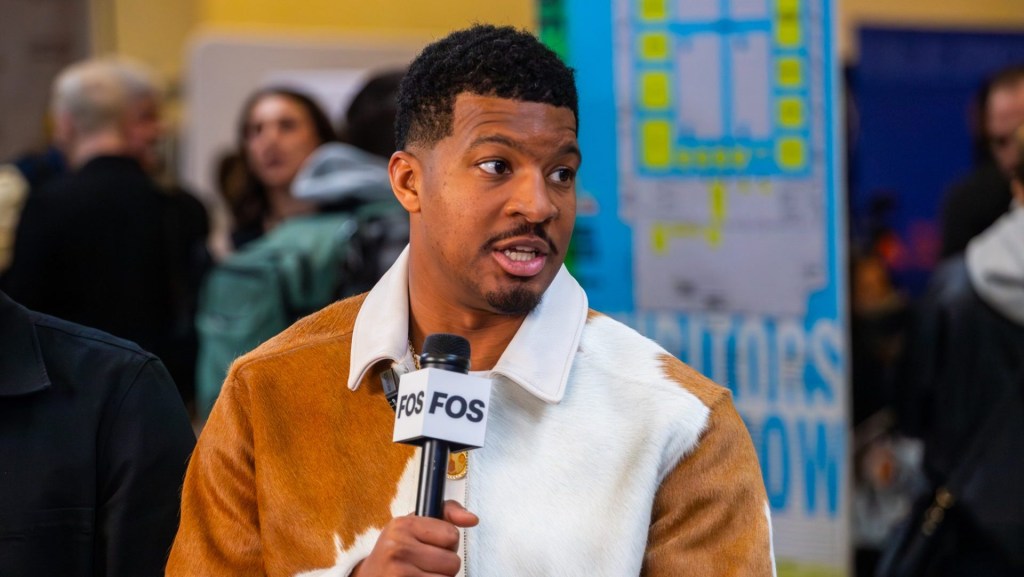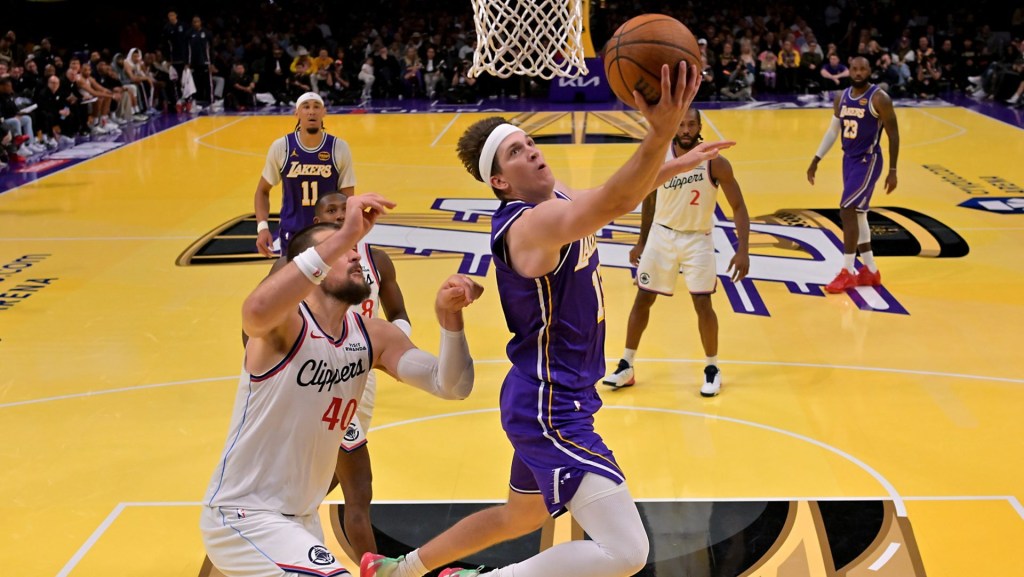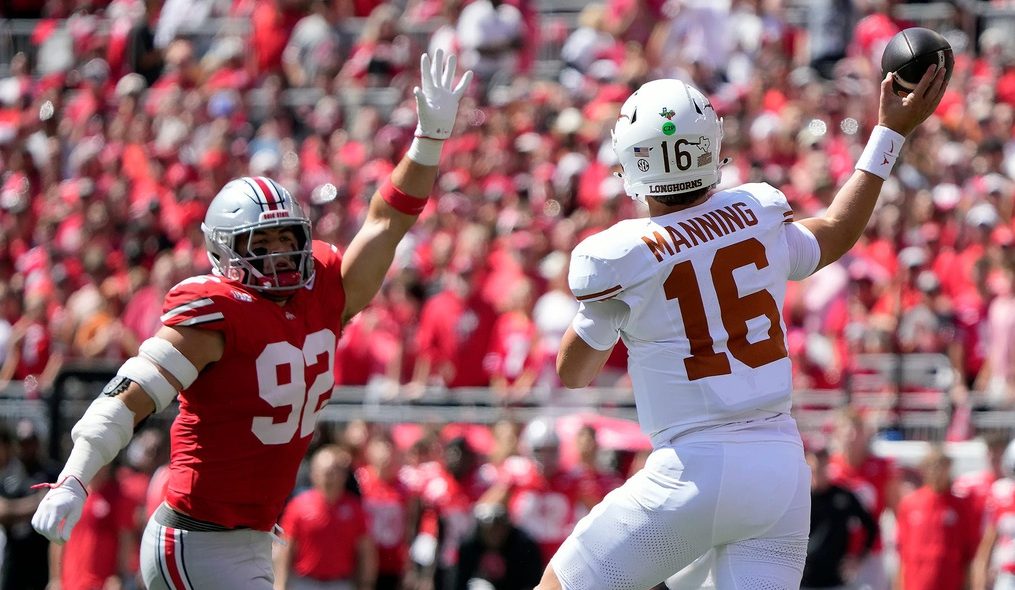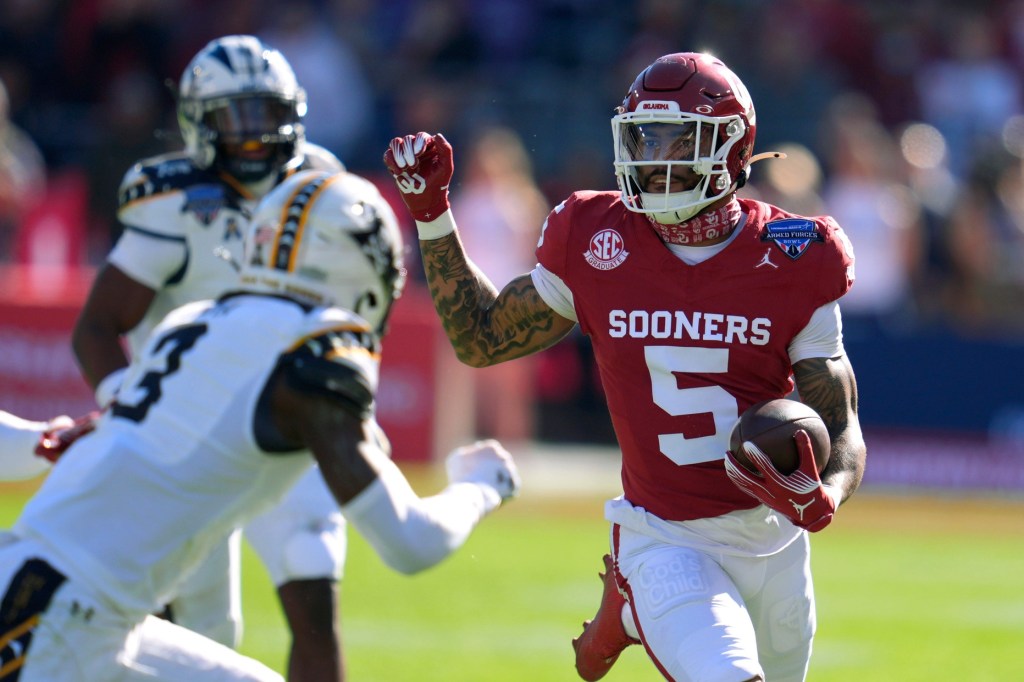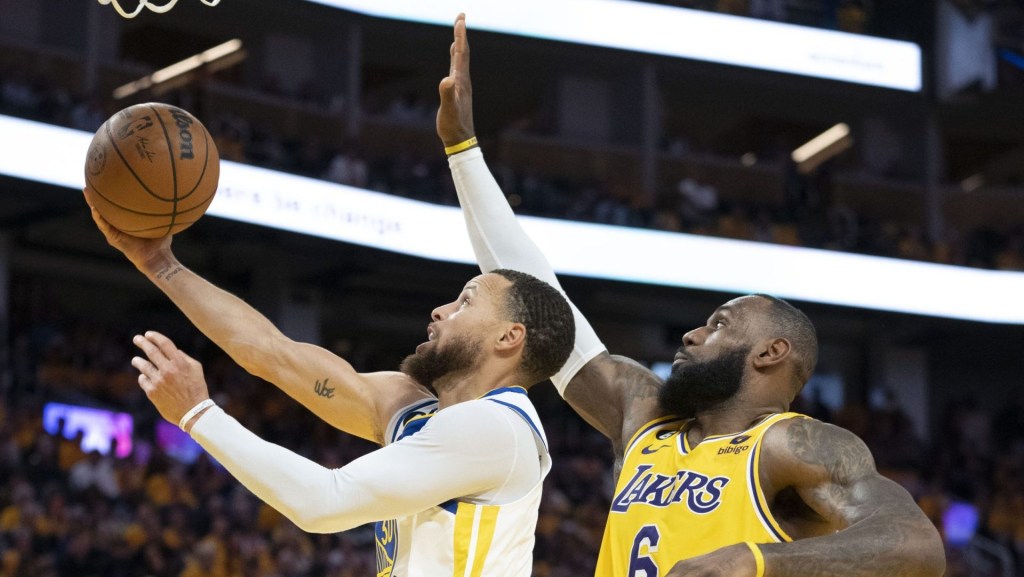By: Jason Stein, @JStein209

Front Office Sports is proud to have had the opportunity to talk with Richard Ayers, CEO of SevenLeague, a digital media consultancy with a specialization in sports. Prior to starting his own firm, Richard worked in a variety of media roles in both the commercial space and sports sector. After originally breaking in with BBC, Richard quickly advanced in his career, when he had the chance to work with Manchester City Football Club. After a short assignment that lasted longer then expected, Richard soon decided to create his own agency. He was delighted to offer up his time and insight into the world of digital media, the trends of the industry and what he believes are important skills and qualities of those working in sports and digital media.
How would you describe your journey from working in the digital space to where you are today with SevenLeague?
It’s been fun and exciting. I’m a person who is more of a hybrid working with content and commercial marketing….The key thing in this sector is having a desire and taking enjoyment in learning and adapting to something new…I actually started as a radio journalist in British media…next thing I knew I was building a website for the program I was working on.
I actually fell into sports…starting with a short assignment with Manchester City…but I ended up staying for almost two years…and it became apparent that, although it’s getting a lot better, sports are further behind in adopting digital than most industry sectors.
There is strong passion with fans, and sponsorships…a lot of revenue-generating opportunities…What I like in sports, is the clear objective…it’s either win or lose and everyone wants to win…so when I talk to the board of directors in an organization I generally find more direct answers then in other industries.
What was the transition like going from more commercial business to working in support of the sports industry?
In many ways it’s the perspective, and finding the fresh perspective. Sports business has a tendency to be very introverted because it’s an intoxicating environment. Almost everyone working in sports business is there because they are a fan of something or someone.
Something I pride myself on is that the team at SevenLeague…it’s thirteen people; twelve of them don’t come from any sports background. They all come from media backgrounds, research backgrounds, all different sectors, but not sports, and because of that we bring in fresh perspectives.
I didn’t even have the idea of starting my own sports business; it was in fact my brother in law…When I was telling him about all of the additional work I could be doing, but I didn’t have enough time…he recommended I put together my own agency…again, it comes back to perspective…it’s really the one thing that helps us do good work.
What would you suggest to aspiring sports business professionals when trying to break into the industry?
I think it depends on what stage in your career you’re at and what your individual skill sets are. When I first joined the BBC, I wanted to be a TV presenter, but I joined doing any job I could get.
So if you’re young and at the beginning part of your career… then I would say get in and work your way up. I would also say, just be bloody good at the thing you do, whether it’s communications, commercial deals, accounting… whatever it is, just make sure you’re really good at it.
I would also mention that I would be skeptical about vocational degrees…I feel that generally if you specialize too early on, unless you absolutely are sure about what you want to do…but personally in the digital area, because it’s evolving so fast, educationally becoming a digital expert at a University, that’s only going to get you to base camp, and it won’t really get you that far.
When you come out of a University with a degree in digital marketing or digital media, that knowledge is going to be useful for about three months before you learn something else new… But if you come out with a degree in math or history…then at least when I’m hiring you I know that your brain is tuned up to the highest degree and you will be able to learn to do more stuff rather then being a specialist in one particular area.
What trends, in the digital space and as a whole, have you noticed that could potentially lead to future opportunities for those folks trying to get into sports business?
Well I think there has been a trend in increasing the number of hires with digital titles, and that’s going to continue to grow over the next three to five years, so that’s good news for more opportunities.
[That said] there are a number of sports properties that are hiring people that are specifically from the digital media space…So although there will be a lot more opportunities within clubs and organizations, there are also going to be more candidates coming in from other sectors as well.
You’re still going to get some craziness for a while, where organizations don’t necessarily make the right decisions for their business personnel…so expect there to be a whole lot of hiring…then it will be flat…we’re going to go through some cycles as sports adapts to what it requires [to manage their digital media].
How are you able to articulate to sports properties the value in having a strong digital media presence and how are you able to justify the potential return on investments?
It’s pretty straightforward. There are three objectives of any digital property, service or channel. It’s either about reach and growing your audience, or it’s about retention and engaging your audience and gathering data, or it’s about revenue generation. And really it’s going to be about all three.
It’s really just a complex decision for the organization to decide where they’re at in their journey. Whether it’s the reach focus, or focus on revenue generation, ticket sales for example, or whether or not it’s about building a CRM database.
I think we are thankfully through the period where digital needs to prove it can be profitable and do things, it’s now really a question of what do you want to do for your organization. Then, once again, it comes down to reach, retention or revenue generation or some combination of those…and I may be making it sound easy, but it’s a complicated question to answer, and it’s a lot of work for us as a consultancy to help [our clients] crack that thought.
Generally, and in any industry or sector adapting to digital, they do so because they have a vision and want to go places as a business as a whole and therefore see digital as a way to do that. Or it’s because their back is against the wall, they’ve got no other options, they’ve got loads of problems and they see digital as something they might as well try because maybe it can help.
If you had to define working in sports using just one word, what word would you use?
Rewarding!
Parting Thoughts?
Network like crazy! Be enthusiastic and positive, and be as creative as you can.
Of course work hard and, more then anything else, adapt and learn all the new things that are coming out.
We would like to thank Richard for his time and insight and we wish him the best in all his future endeavors!
You can follow him on Twitter here, or connect with him on LinkedIn here!
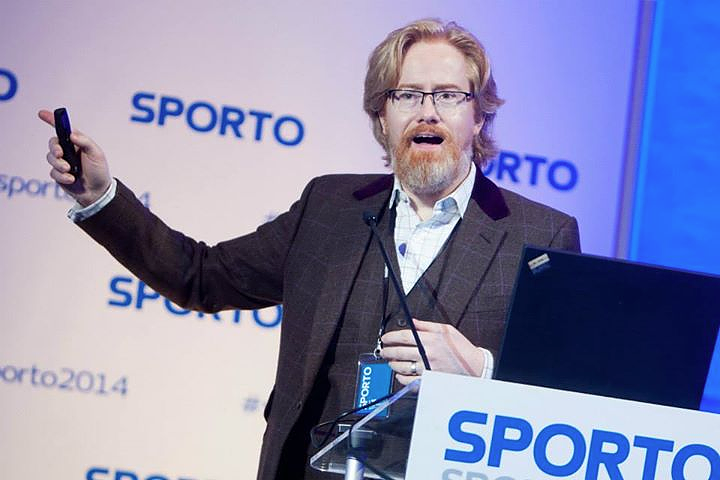
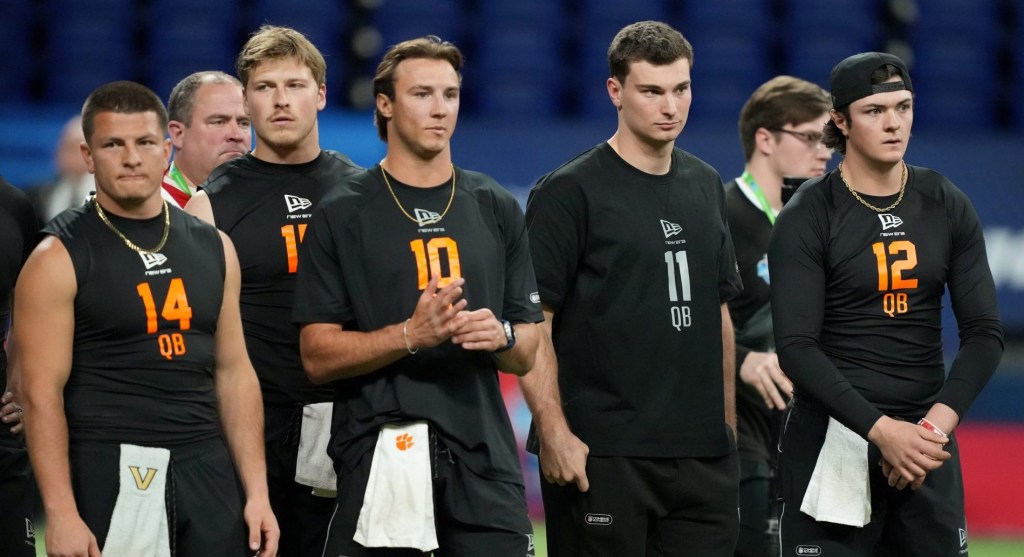

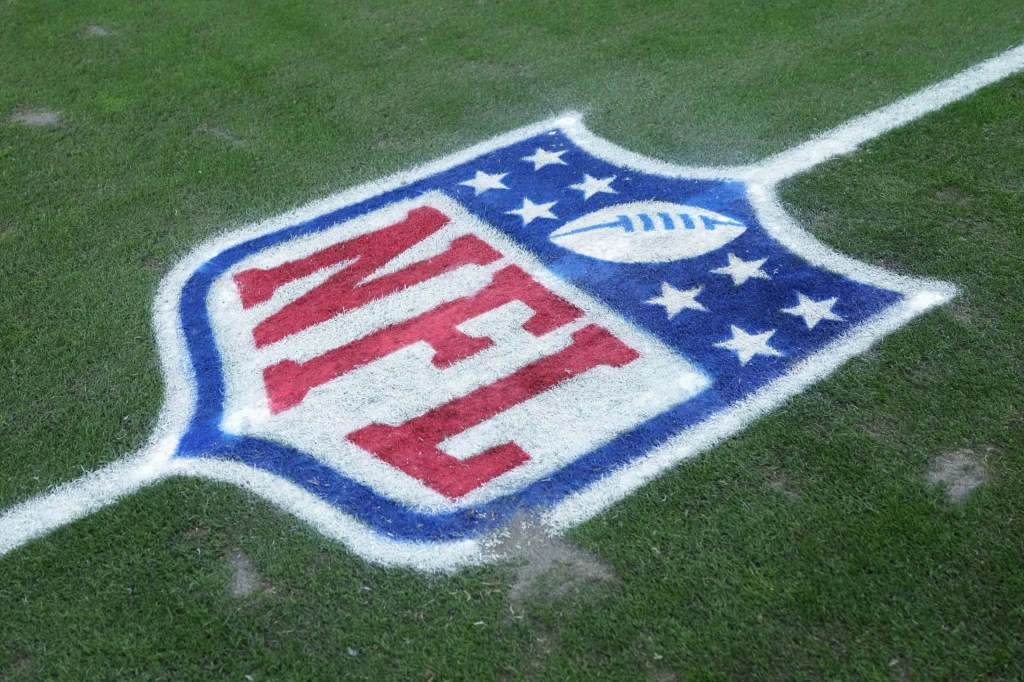


![[Subscription Customers Only] Jun 15, 2025; Seattle, Washington, USA; Botafogo owner John Textor inside the stadium before the match during a group stage match of the 2025 FIFA Club World Cup at Lumen Field.](https://frontofficesports.com/wp-content/uploads/2026/02/USATSI_26465842_168416386_lowres-scaled.jpg?quality=100&w=1024)
![[Subscription Customers Only] Jul 13, 2025; East Rutherford, New Jersey, USA; Chelsea FC midfielder Cole Palmer (10) celebrates winning the final of the 2025 FIFA Club World Cup at MetLife Stadium](https://frontofficesports.com/wp-content/uploads/2026/02/USATSI_26636703-scaled-e1770932227605.jpg?quality=100&w=1024)

